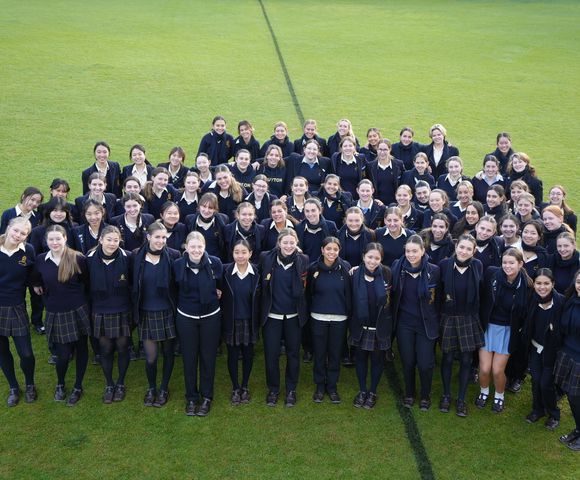Our school was established and nurtured through the foresight and courage of trailblazers. Over the decades our bold leaders have remained steadfast in their future-focused commitment to educating girls to thrive in this rapidly changing world. This purpose is ingrained in the fabric of our school. Celebrating personal best, making a difference, and facing challenge with determination and vision are in our spirit.
At Ruyton, learning is powerful and personal. Students are known as individuals by our accomplished staff who provide them with appropriate and personalised levels of challenge alongside the support and independence to grow and develop to their full potential. We know that when engaged in true learning we experience challenge. The development of grit, buoyancy and self-belief empower our girls as learners for life.
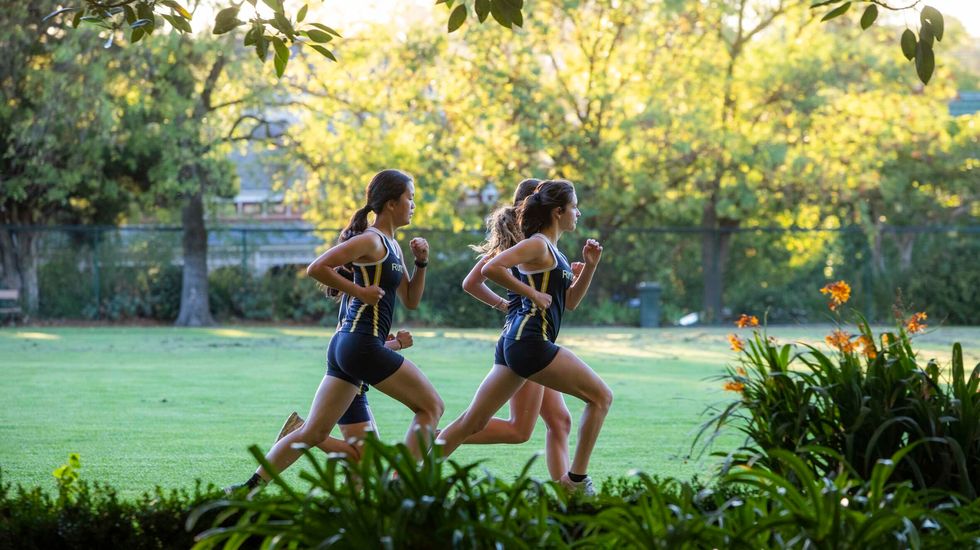
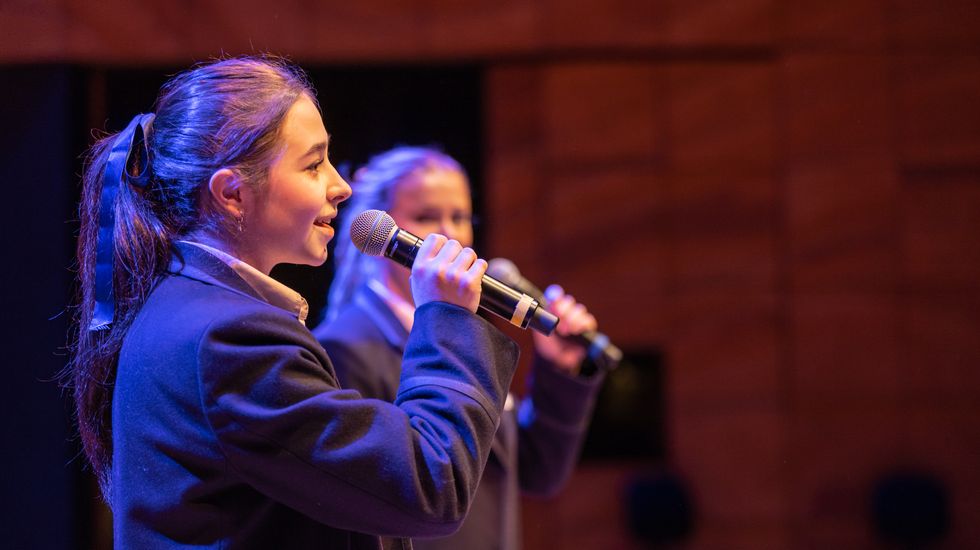

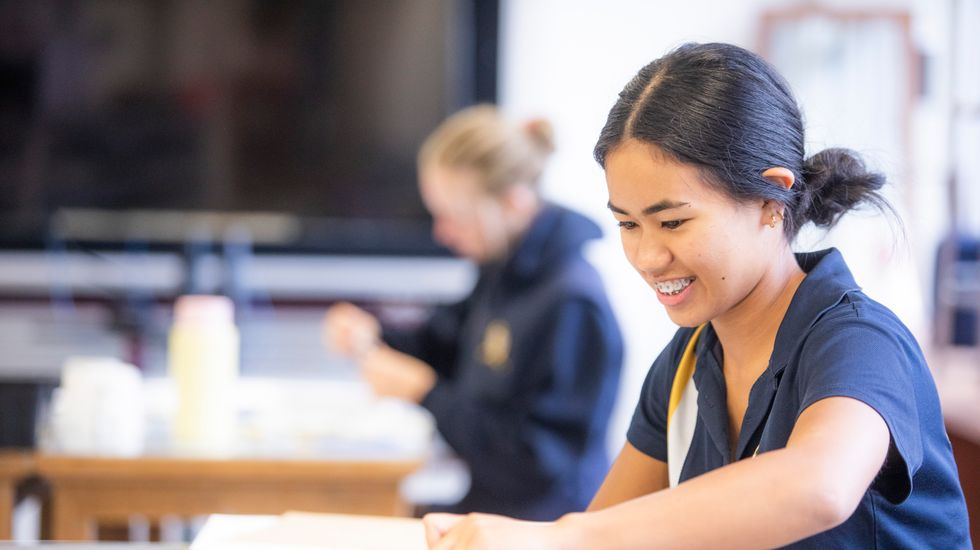
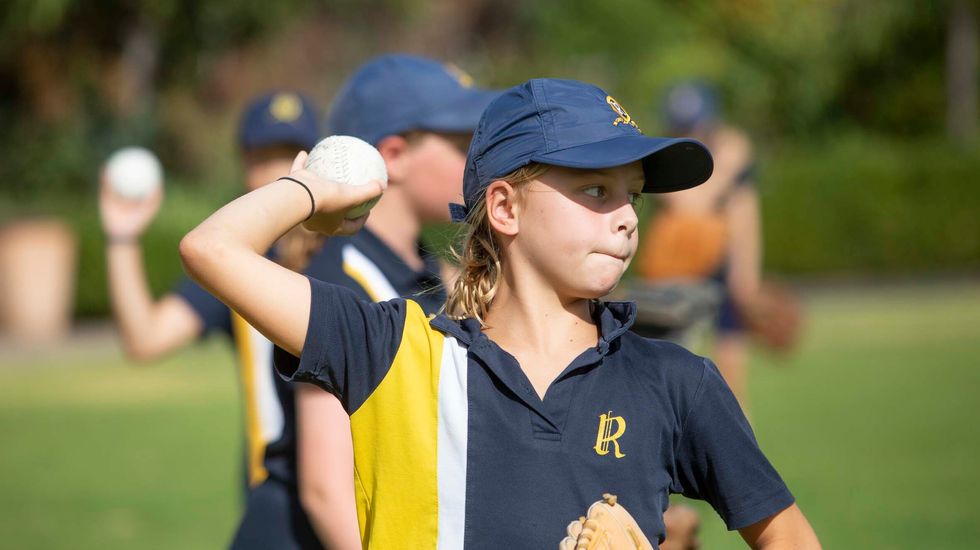
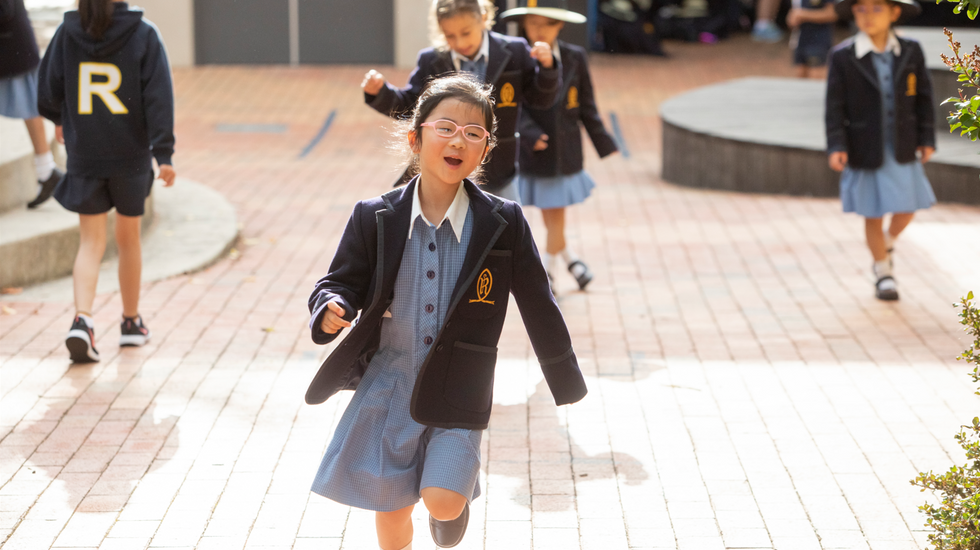
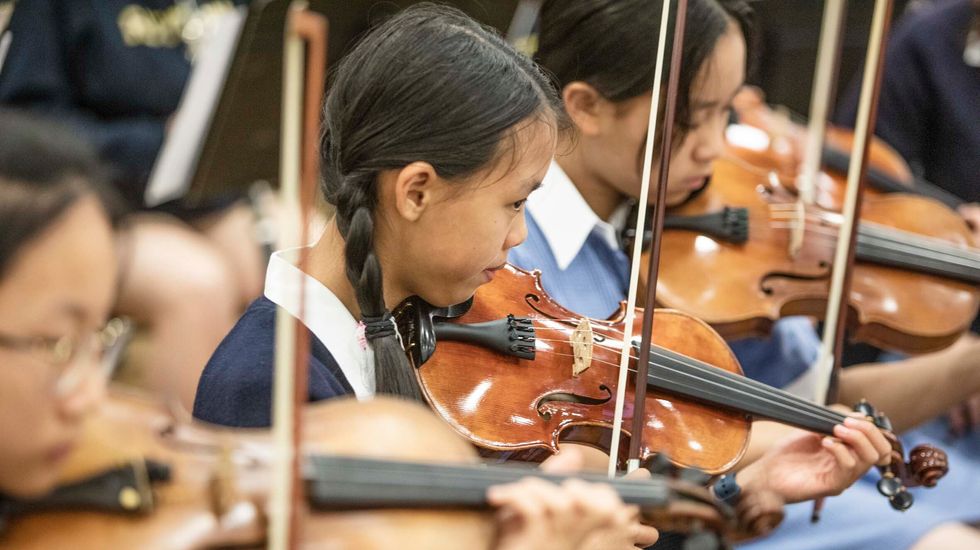
Our students enjoy a wide breadth of curricular and co-curricular opportunities, fostering active engagement in the life of the School. As a mid-sized girls’ school, we have the distinct advantage of providing the powerful combination of opportunity and participation for all students, enabling them to expand their experiences, develop new skills and hone their talents.
Leadership is an important component of learning for every Ruyton student, from Junior Primary through to Year 12. We inspire every student the confidence to lead self and others and the motivation to lead a life of impact. Our students develop the courage to lift their voices and take action from an early age; to be the change-makers our world needs.
As a learning community we are future focused. Education plays an essential role in this rapidly changing world as we prepare each next generation to make decisions, face new challenges and thrive. As educators we know that best practice is not static, we must continually review, research and evolve. A central element of our approach is Ruyton Research, supporting all staff to engage with current learning and teaching research to inspire best practice and our own action research.
